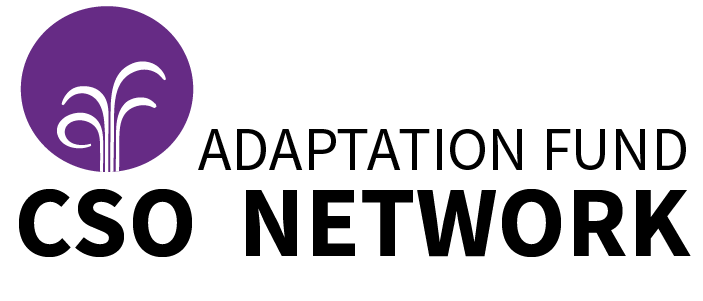NGO Strategy Dialogue on Energy and Climate, Agriculture and Food Security towards the Great Transformation
Never before in history has the number of hungry and chronically undernourished people climbed to such levels. Never before in human history has the amount of greenhouse gas emissions risen as fast as in the first decade of the 21st century.
Today’s world faces increasingly interlinked, global crises in different sectors such as hunger, poverty, climate, social inequalities, but also in finance and economy. At the same time the geopolitical situation of the world is changing. However, systemic thinking, institutional analysis, multilevel approaches and strategic planning in government, business or civil society organisations are not sufficiently reflecting those changes.
We see civil society actors as key agents in the transformation to a post-fossil society. Still, there is little debate within international civil society on their different roles and common strategies to bring about the necessary transformation. Together with international NGOs, Germanwatch aims to build momentum for the needed Great Transformation.
The NGO dialogue project will discuss challenges of the Great Transformation amongst international civil society actors and help to identify their role within this process:
- How can civil society tackle these multiple challenges?
- What role can they play in the Great Transformation?
- What are important actors and agents of change?
- What are important alliances to build?
- What best practices are already applied successfully and what lessons learned could be drawn from them?
- How can a movement between CSOs be created in order to overcome existing imbalances of power between heavily policy-influencing corporate interests and peoples' needs?
In particular, discussion in the project will focus on climate change/ access to affordable energy and agriculture/ right to food. Together with participants from all over the world, the conference aims to find a shared vision, identify a momentum for change in these sectors, encourage civil society organisations to find their roles in this process and build new strategic alliances.
